Upholding wealth and welfare in global competition
Edited: Sunday, 10 August 2014
Is Sweden's future bright? It has been a long run since the focus was after the death of Charles XII shifted from military power towards the power of knowledge. Swedes became successful in natural sciences and industrial applications. However, global competition is accelerating so our wealth and welfare can become difficult to uphold.
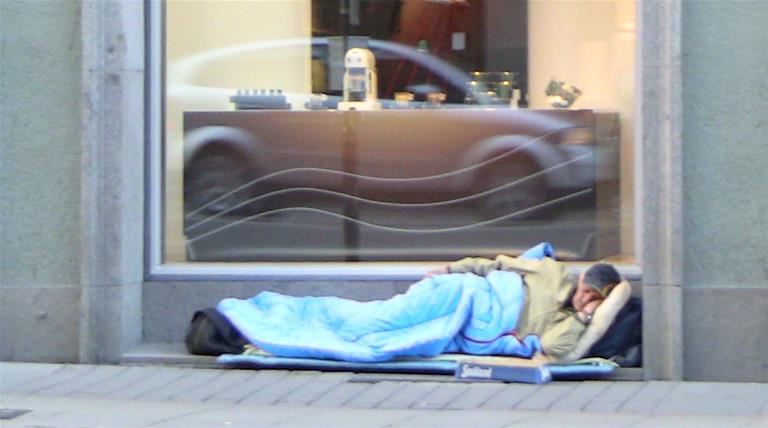
An inspiring use of pioneering work symbols could help us compete in a globalized economy. A perfect symbol for the purpose is found in the old Observatory of Stockholm located on the hill between the School of Economics and the Public Library. It was built 1753 by the Swedish Royal Academy of Science that had been founded fourteen years earlier. Carl Linnaeus was one of the founders and the first president. His contributions to science are recognized around the world and he also gave the Celsius temperature scale its well-known form. In Stockholm, the Observatory became a symbol for pioneering work related to both the Earth and the sky. After an appreciated use since 1991 as a museum where among other things the outcome was shown of various scientific expeditions and of weather observations from 1756 until 2014, the public access has now been stopped by the Academy that claims an average loss of 1.5 million Swedish crowns per year. That magnitude of loss should not be a problem. There are many potential sponsors in view of the wealth of our country and the weight of the symbol. The Observatory could be marketed in a way that turns the loss into a profit.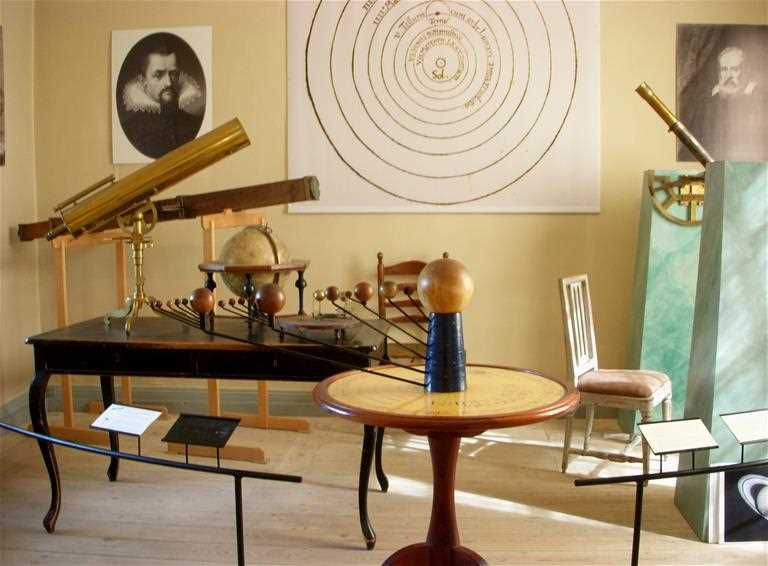 A list with more than a thousand names of persons that want to see the Observatory Museum opened again was handed over to the Academy on the very day of the Nobel Prize Celebration. Many personal proposals about desirable future activities have now been collected and all the members of the Parliament have been informed about the financial problem. I see this as an issue of national interest, like when a planned extension of the pioneering work for the Public Library was a few years ago stopped after an international architectural competition. The Swedish general election will be held in the middle of September 2014 so the Academy is delaying the outcome of a study started in January 2014 and aimed at finding a financial solution for opening the Observatory Museum in a revised version.
A list with more than a thousand names of persons that want to see the Observatory Museum opened again was handed over to the Academy on the very day of the Nobel Prize Celebration. Many personal proposals about desirable future activities have now been collected and all the members of the Parliament have been informed about the financial problem. I see this as an issue of national interest, like when a planned extension of the pioneering work for the Public Library was a few years ago stopped after an international architectural competition. The Swedish general election will be held in the middle of September 2014 so the Academy is delaying the outcome of a study started in January 2014 and aimed at finding a financial solution for opening the Observatory Museum in a revised version.
There are more pioneering work symbols of national interest that are in danger due to financial problems. In spite of some well-known success stories about independent inventors, public as well as private sources of local capital are reluctant to take R&D risks. After all, why should foreign risk capital amount to less than 99 % when Sweden is very often less than 1 % of the market? It should, however, be noted that presently published protests from inventors are entirely focused on difficulties in finding financial support for defending their intellectual property rights. An illustrative example is a security system aimed at preventing collision between ships by means of thousands of base stations installed along coasts around the world. Another illustrative example is a natural disaster alarm system capable of reducing loss of lives in afflicted countries. In both cases, large companies have in Sweden used R&D results from independent inventors without compensation. It is not considered risky. The defense of such intellectual property rights as patents is commonly known to require so much money and time that it could "kill the inventor".
Decision-makers seem neither in the government nor in large companies to be worrying about that frustrated inventors are losing their motivation to do more pioneering work. Here we have a most serious issue of national interest. Sweden's wealth and welfare is a function of creative R&D based upon pioneering work but we are now in global competition losing inventors as symbols with inspiring effects. I have worked as a patent attorney during five decades and cannot just hope that a solution will come in my lifetime. It seems to me that those of my colleagues that are employed by large companies have deteriorated the treatment of independent inventors who obviously need help. I intend to make an offer. Protection of intellectual property rights can be provided by means of support from some foreign investors in a consortium organised at my initiative. Instead of risking their private economy and becoming probably looked upon as losers, the inventors would have a better chance to become inspiring symbols in their home country and to contribute in upholding wealth and welfare.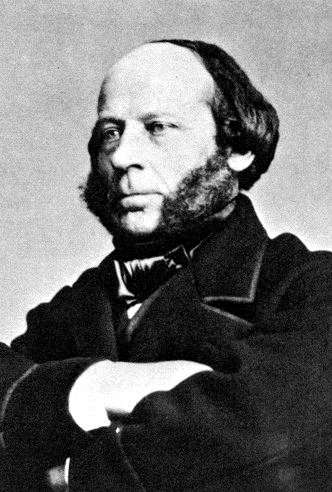
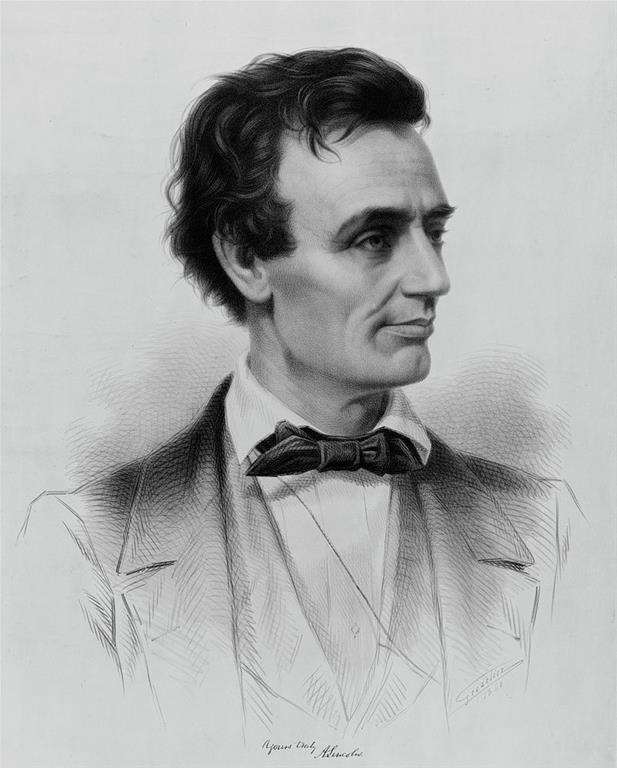 Independent inventors have in Sweden had difficulties also when the country was a less developed society. When the inventor John Ericsson had emigrated, he was asked by his brother Nils to come back and become a railway builder. John refused to give up his inventions and helped instead Abraham Lincoln in saving the US by means of a warship called Monitor. A stubborn independent inventor or researcher can with some support make a big difference also in our time. While the requested support for defending intellectual property rights has here been difficult to find, the situation is very different in the US where government officials react sometimes very strongly against wrong treatments of the little man who also can find help from attorneys on a provision basis. We must improve the situation here in our own ways, for example through private initiatives to get foreign investor support. Sweden is a little nation so I think we should not afford to react slowly on more published protests from frustrated inventors that have lost their motivation to do pioneering work. Because our wealth and welfare would be at risk.
Independent inventors have in Sweden had difficulties also when the country was a less developed society. When the inventor John Ericsson had emigrated, he was asked by his brother Nils to come back and become a railway builder. John refused to give up his inventions and helped instead Abraham Lincoln in saving the US by means of a warship called Monitor. A stubborn independent inventor or researcher can with some support make a big difference also in our time. While the requested support for defending intellectual property rights has here been difficult to find, the situation is very different in the US where government officials react sometimes very strongly against wrong treatments of the little man who also can find help from attorneys on a provision basis. We must improve the situation here in our own ways, for example through private initiatives to get foreign investor support. Sweden is a little nation so I think we should not afford to react slowly on more published protests from frustrated inventors that have lost their motivation to do pioneering work. Because our wealth and welfare would be at risk.




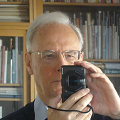

Upholding wealth and welfare in global competition
Edited: Sunday, 10 August 2014
Comments